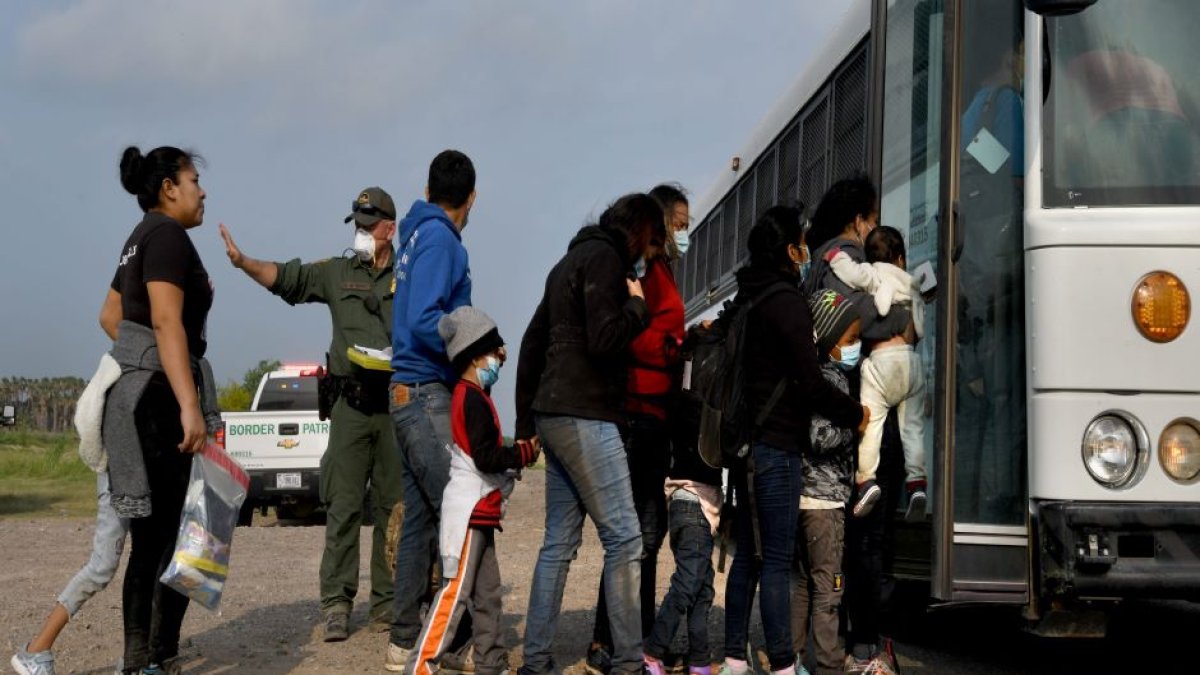Supreme Court rules in favor of Title 42 and will extend until February
In light of the Court's verdict, the rule will remain in effect until February 2023. The White House spokeswoman said that "it should not be extended indefinitely."

Cordon Press
After a long discussion, the Supreme Court finally resolved to maintain Title 42 until February 2023, when it will offer a new verdict on the matter. The rule was due to expire on December 24, however, a coalition of 19 Republican states filed a motion to retain it.
The measure, which allows authorities to deny entry into the country of persons or goods to prevent the spread of disease, was reimposed during the Trump Administration after a long period of suspension. Since the beginning of the year, the Democratic Party has sought to repeal it, arguing that the threat of covid had diminished considerably.
However, with a 5-4 vote in favor of upholding the regulation, the White House received a further setback from the Court. Government spokeswoman Karine Jean-Pierre maintained that it is "a public health measure, not an immigration control measure" and therefore "should not be extended indefinitely."
The judges announced that they will take until February to study the measure, although they said they will not interfere in how the government should control immigration, but specifically in whether or not the Republican states have the right to challenge the measure. Until then, the authorities may continue to deny entry to U.S. territory on health grounds.
Risk of "unprecedented crisis"
According to the Republicans who filed the motion for the Supreme Court to extend the rule, suspending the rule would create "an unprecedented crisis at the border." In that sense, as the date of the possible repeal approached, thousands of immigrants came to the El Paso, Texas, region with the idea of being able to enter.
Since the reimposition of Title 42 in 2020, more than 2.4 million people have been returned to Mexico by border authorities. The Biden Administration applied an exception for unaccompanied minors and families, allowing many immigrants to apply for asylum before being removed.

























